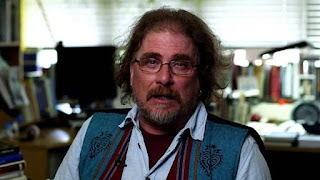Seminar Paper options for the IHR
Seminar Paper options Fraud or Prophet: Conrad Russell and the origins of ‘Revisionism’ This paper offers a critical assessment of the evolution of Russell’s views on Parliamentary and political history in the early Stuart period. It examines contemporary historiography on these subjects and argues that Russell’s ‘revisionist’ revolt in 1975 ignored this work: it was already clear that Whig explanations had failed and had been superseded. His claims were based on outdated suppositions from the 1950s. Furthermore, his general analysis rested on explanatory models borrowed from Aylmer and Everitt and offered spectacularly inaccurate detailed accounts of Parliamentary proceedings. Reactions to the onset of the Personal Rule and alternative forms of government in Church and State This paper considers the reaction of Charles I’s principal critics in the east of England to the dissolution of Parliament in 1629 and the start of the period of Personal Rule. It examines th
